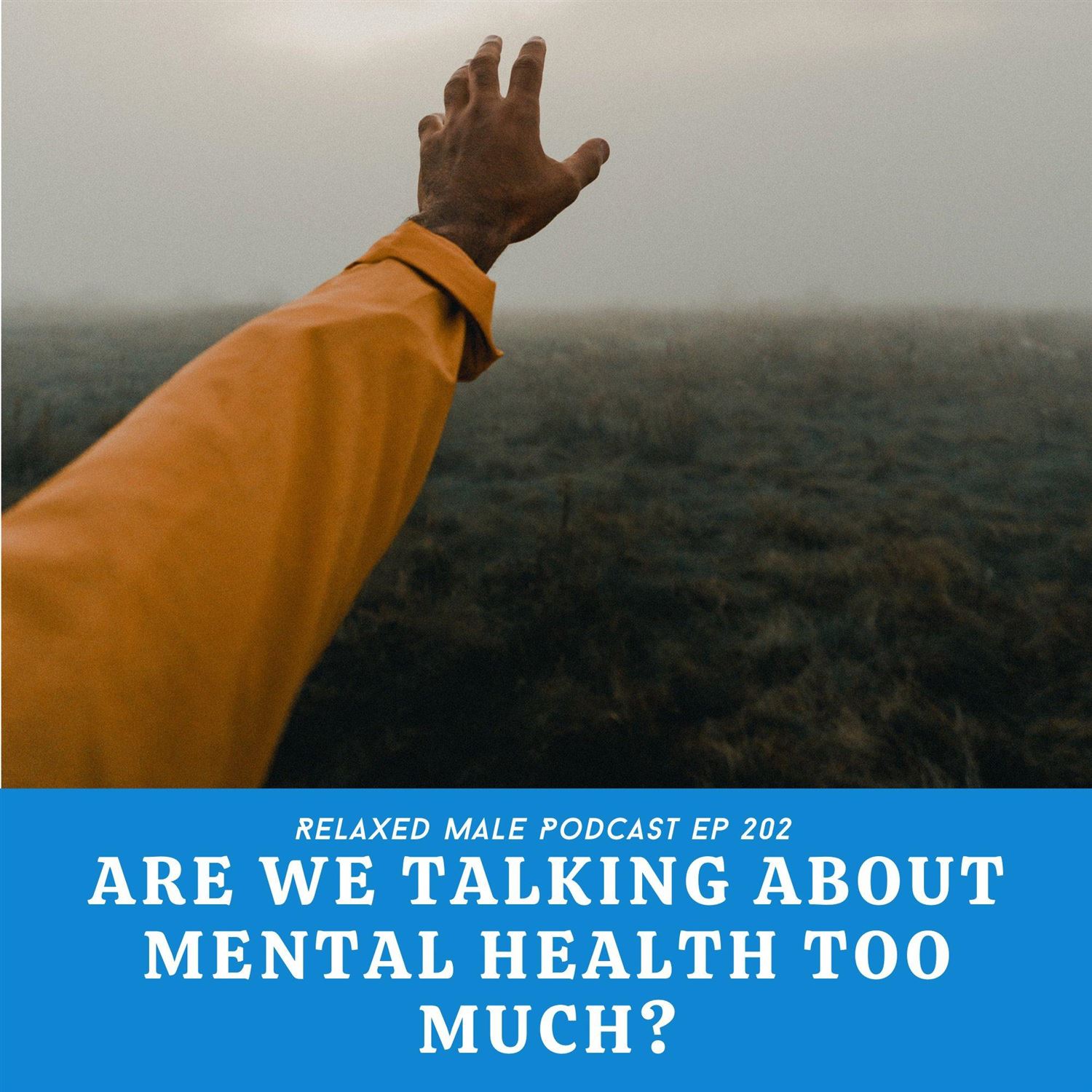
In this part of the conversation, we discuss the prevalence of discussions around mental health and the increase in depression and suicide rates. Despite the increased awareness, rates of depression and suicide have continued to rise, leading us to question why this might be the case. We speculate that the emphasis on mental health may have unintentionally contributed to the increase by bringing more attention to these issues. One possible reason for the increase in mental illness is the constant attention given to it. When mental health is openly discussed, people may start to believe that they must have a mental health problem themselves. Additionally, the differences in how men express their thoughts and emotions compared to women could be contributing to higher rates of suicide and depression among men. We also consider the impact of artificial connections through phones and social media. While these connections provide instant gratification, they lack the depth and authenticity of real connections with others. Our society's emphasis on instant gratification and the lack of appreciation for delayed gratification and deeper connections may be contributing to the problem. Moreover, an unrealistic expectation that we should be happy all the time could also be a factor. This expectation leads us to believe that any negative feelings we experience are abnormal. Ultimately, it is likely a combination of these factors that is contributing to the rise in mental illness. We emphasize that it is unrealistic to expect to be happy all the time. It is okay to feel sad or anxious, as these emotions do not ruin a person's day. We criticize doctors for prescribing SSRIs without fully understanding their impact, as blocking emotions can lead to problems like anger and numbness. We believe that face-to-face conversations and meaningful connections are vital for emotional well-being. We encourage open communication and sharing emotions with trusted friends. It's natural to feel stress as an adult, and we suggest finding healthy ways to manage it. If anyone needs help in finding coping mechanisms, we offer our assistance. In conclusion, it's crucial to be open about our emotions and recognize that it's okay to not feel happy all the time. We encourage listeners to share this message with friends, especially those who may be struggling. We must stop stressing over not feeling 100% and acknowledge that sometimes carrying a little bit of anxiety is normal. Sharing this information on social media platforms like Facebook, Twitter, or Threads can help spread the word about our men's group, the Relaxed Male, and how we're changing lives one thought at a time. If you need further assistance, visit relaxedmale.com/coaching to schedule a consultation call. Reach out to us with any questions or to connect by sending an email to brianwithay@relaxedmail.com or visiting relaxedmail.com/contact. Thank you for listening, and we look forward to the next episode. Goodbye! 00:01:07 The obsession with talking about mental health 00:02:25 The rise of anxiety and different types of mental illnesses 00:03:49 The prediction that narcissism will be the next big topic 00:10:38 Artificial Calories: The Lack of Real Connections 00:11:53 Microwave Society: The Death of Delayed Gratification 00:12:40 Unrealistic Expectations of Happiness 00:13:52 Life is 50-50: Embracing Pain and Pleasure 00:15:47 The Problem with Doctors and Medication 00:21:29 Embracing Emotions and Making Positive Changes 00:23:05 Seeking Personal Coaching and Contacting the Speaker
More Episodes
 2023-07-27
2023-07-27
 2023-07-20
2023-07-20
 2023-07-13
2023-07-13
 2023-07-06
2023-07-06
 2023-06-22
2023-06-22
 2023-06-17
2023-06-17
 2023-06-08
2023-06-08
 2023-06-01
2023-06-01
 2023-05-25
2023-05-25
 2023-05-11
2023-05-11
 2023-05-04
2023-05-04
 2023-04-27
2023-04-27
 2023-04-20
2023-04-20
 2023-04-13
2023-04-13
 2023-03-31
2023-03-31
 2023-03-23
2023-03-23
 2023-03-16
2023-03-16
Create your
podcast in
minutes
- Full-featured podcast site
- Unlimited storage and bandwidth
- Comprehensive podcast stats
- Distribute to Apple Podcasts, Spotify, and more
- Make money with your podcast
It is Free
- Privacy Policy
- Cookie Policy
- Terms of Use
- Consent Preferences
- Copyright © 2015-2024 Podbean.com






